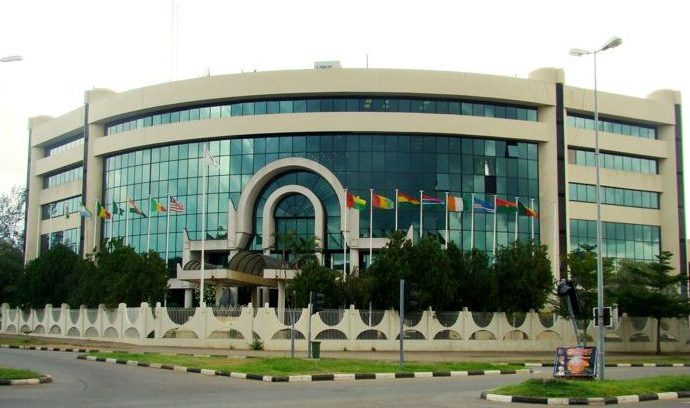The ECOWAS Parliament has pledged to get more involved in finding sustainable solutions to the current crisis in Mali that has displaced at least 50,000 people in the country.
Speaker of the ECOWAS Parliament, Moustapha Cisse Lo, made the pledge in Bamako on Friday, when he led a delegation on a visit to the Malian President Ibrahim Boubacar Keita.
The speaker also said that the sub-regional parliament would approach international organisations for support on behalf of Mali.
“This is the first step in efforts to actualize the vision for the reintegration for the Malian subregions of Bamako and Mopti which are going through tough times due to actions that have led to the loss of several lives.
“We decided to come to Mali following the regrettable events that took place in the country.
“While several people have been killed, there are many injured and displaced particularly in Mopti, which is why the delegation has been sent to assess the situation with the people and share with stakeholders, ways and means of resolving it.
READ ALSO: UN says drought displaces 137,000 Somalis in 3 months
“This is why we have come to meet with the President and Prime Minister after our visit to the affected areas, including the IDPs camps to see how we can reach the regional authorities and all parties involved in this process.”
He said that upon the delegation’s return to Abuja, Headquarters of the Parliament, a plan for the Malian situation would be adopted into the agenda of the community legislative.
However, the President of Mali, Ibrahim Keita, lauded ECOWAS efforts in supporting the Government to develop framework of its mission for effective resolution of the security crisis in the country.
He also expressed his appreciation for the contributions made by the ECOWAS Parliament in the IDP camps visited so far.
News Agency of Nigeria reports that the parliament delegation’s mission to Mali is aimed at gathering necessary information concerning the plight of the internally displaced persons in Mopti and Bamako where over 50,000 have been displaced.
NAN






